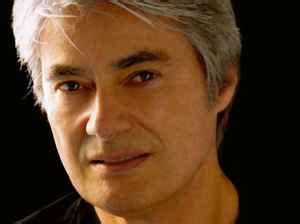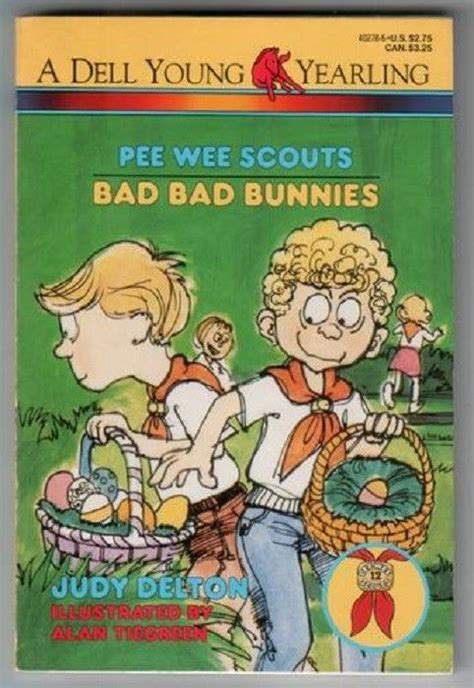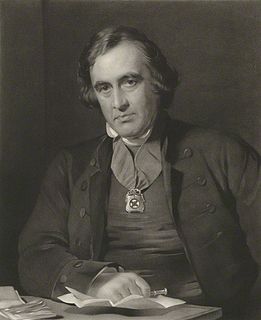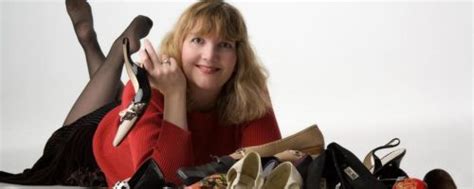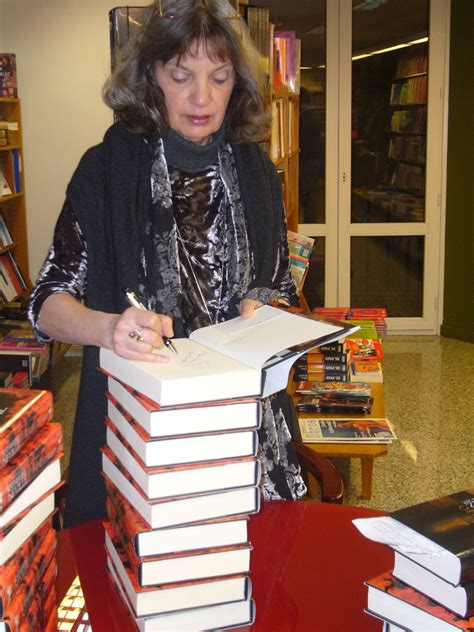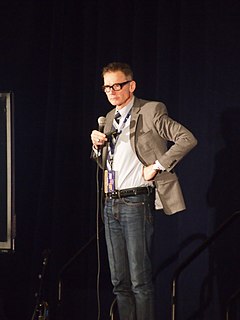A Quote by John Farrar
The first thing an unpublished author should remember is that no one asked him to write in the first place. With this firmly in mind, he has no right to become discouraged just because other people are being published.
Related Quotes
Everybody says the first cut if the deepest. It's so true. I don't know if it's because it's the best love, but it's the first that you remember. There is one boy that I will remember for the rest of my life, and I wouldn't go as far as to say, 'Oh I was in love with him and he broke my heart'. You hold on to that, just that first experience, it's good to have and you should appreciate it, even if it hurts.
"The best is oftentimes the enemy of the good;" and without claiming for an instant that title of good for my book, I do not doubt that many a good book has remained unwritten, or, perhaps, being written, has remained unpublished, because there floated before the mind's eye of the author, or possible author, the ideal of a better or a best, which has put him out of all conceit with his good.
I met, not long ago, a young man who aspired to become a novelist. Knowing that I was in the profession, he asked me to tell him how he should set to work to realize his ambition. I did my best to explain. 'The first thing,' I said, 'is to buy quite a lot of paper, a bottle of ink, and a pen. After that you merely have to write.'
When I wrote the first Betsy book, 'Undead and Unwed,' I had no idea, none, that it would be a career-defining, genre-defining book, the first of over a dozen in the series, the first of over 70 published books, the first on my road to the best-seller list, the first on my road to being published in 15 countries.
Write. Remember, people may keep you (or me) from being a published author but no one can stop you from being a writer. All you have to do is write. And keep writing. While you’re working at a career, while you’re raising children, while you’re trout fishing--keep writing! No one can stop you but you.
It wasn't that I hated being asked a bunch of questions. I had nothing against questions. I just didn't like listening to them, because some questions take forever to make sense. Sometimes waiting for a question to finish is like watching someone draw an elephant starting with the tail first. As soon as you see the tail your mind wanders all over the place and you think of a million other animals that also have tails until you don't care about the elephant because it's only one thing when you've been thinking about a million others.
Probably my first memory of theatre, the first one I guess that had an impact on me was when I saw my very first panto with my Primary School. I think just going there and experience that for the first time, being so young, it's something that's actually stuck with me right up until now. And to think back and to sort of remember that magic and that first little hint of it was brilliant.
When I wrote my first book, 'The Tennis Party', my overriding concern was that I didn't write the autobiographical first novel. I was so, so determined not to write about a 24-year-old journalist. It was going to have male characters, and middle-aged people, so I could say, 'Look, I'm not just writing about my life, I'm a real author.'
I hadn't heard the Gary Cooper thing so I'm not grounded now. I feel pretty good. That's incredibly nice. When I met Robin [Williams] at the read-through, I remember when he came in, I was so nervous meeting him for the first time is incredible because I did actually write him a letter when I was a kid and told him he was my favorite actor.
Wildlife was the only thing we've written together with Paul Dano. It's based on a book by this author Richard Ford, who just published a memoir about his family that's really wonderful. Paul fell in love with his book, and we optioned it ourselves, and he took a first pass at writing it. He asked me for notes, and then our note session devolved into an argument really quickly.
